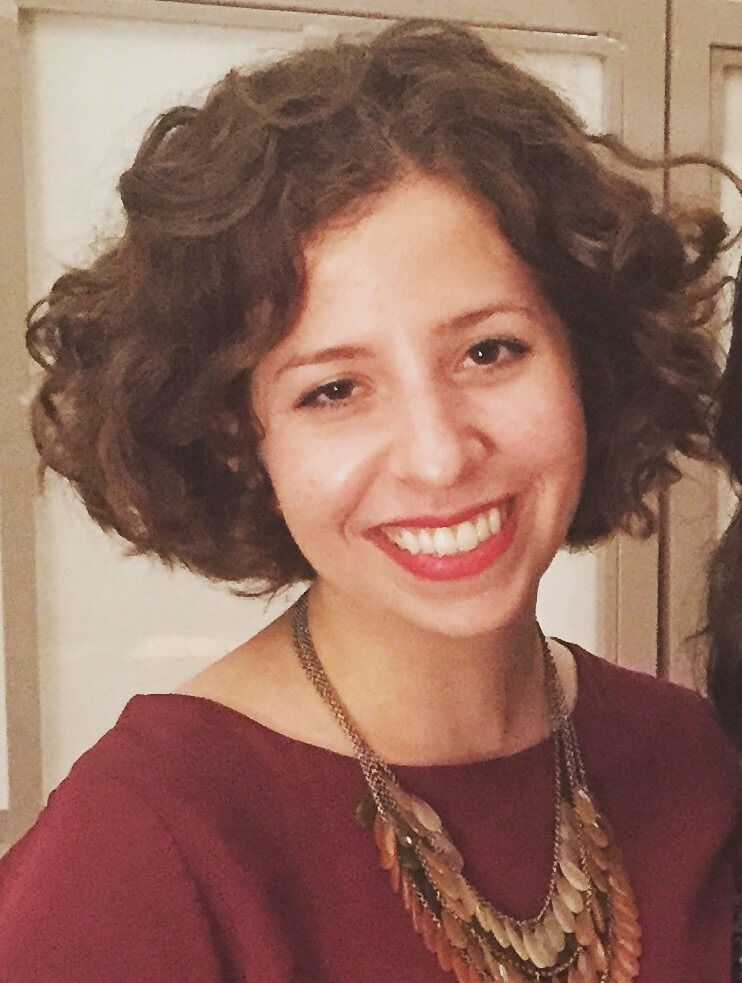
Meet Gavi Goldberg
Gavi Goldberg won the Kohelet Prize for Learning Environment, as part of a team of six from Lamplighters Yeshiva. Check out their winning entry, The Conscious Learning Environment, here:
In your experience, what is the greatest challenge facing students/teachers today?
We live in a time of instant gratification and self-centeredness. Everything is about “me” and what I want “now.” I think this a challenge for students and teachers alike, to step back and see the big picture, to make efforts to connect to others and see beyond oneself. We’re all on the same team- we all want to make the world a better place, we all want our children to grow, succeed and become leaders in their own right.
In implementing your winning project in the classroom, was there a moment when you knew that you had hit upon something really powerful? If so, describe that moment
A few summers ago a few of us sat down to brainstorm how we can make Torah concepts a part of the classroom experience in a way that kids internalize the message. One of my favorite lessons that we came up with was the way we introduce the Torah in our classroom for the first time. We wrapped our class Torah up in a box with beautiful wrapping paper and a bow. “Once upon a time there was a king,” we told the kids, “and that king had a very special treasure. He wanted to give a tiny piece of his treasure to his children, each one of the princes and princesses.” All of the kids tried to guess what the “treasure” is, “Candy! Gold! Jewels!” We opened it and showed the Torah- we talked about how it belongs to each and every Jew, not matter who they are. We passed the Torah around, it was amazing to see the gentleness and care the kids showed- knowing that it’s a treasure and it’s theirs. We put the Torah in the Aron Kodesh and told kids they could take it out whenever they want. And they do. They open it, they take it around to their friends to kiss it, and older kids even open the Sefarim and spontaneously read. It’s incredible to see how putting real holy objects in the room led to love and ownership of Torah.
What advice would you give teachers who want to attempt something new and different in their own classrooms?
Sometimes it’s hard to take a risk and try something new; there can be something comforting about the status quo and doing what you always do. Don’t be afraid to jump in- it might not work the first time you try it or even the second. Think of it as an experiment- change is a process. Be reflective about which parts are working and which aren’t- tweak it and keep trying.
What’s your favorite part of your teaching day and why?
The first few moments of the day are really beautiful. The classroom is ready, soft music is playing…the kids hang up their jackets, change their shoes and come in quietly. Most of the time, they choose an activity themselves and there is a very peaceful energy in the room.
How do you ensure that you’re always growing professionally?
I believe that learning never ends. My co-worker and I are studying Tanya together. Not only is it inspiring, but we constantly find connections to our own spiritual growth and teaching. I also enjoy reading books- psychology, teaching, leadership, history are a few genres that interest me. Additionally, I think self-reflection is key to growth. Each day I think about how my day went- what went well and what needs improvement. I am relentless in my quest to become a better person and teacher each day- which sometimes means pushing forward and other times means holding back and making space for my students to shine and reveal what they’re capable of.
What are some ways in which you motivate your students to become lifelong learners?
I feel that kids have a natural love of learning. The key is to keep it burning and not dampen their enthusiasm. When children are young it begins with curiosity- they are fascinated by everything around them and absorb their surroundings like a sponge. We are constantly encouraging the kids to develop their interests through a choice-based environment. The environment fosters independence which leads to children feeling ownership and responsibility for their learning. Our classroom culture is one in which younger children are motivated by older children, and older kids inspire the younger. The preschool years are formative years for children. The love of learning that they internalize in our classroom will carry them through the rest of their lives.
When I’m not in the classroom I:
enjoy doing yoga and playing piano. It helps me find an inner calm that I can bring to my teaching. Learning through reading feeds my mind- it gives me new ideas to think about, reminds me why I teach and re-inspires me.